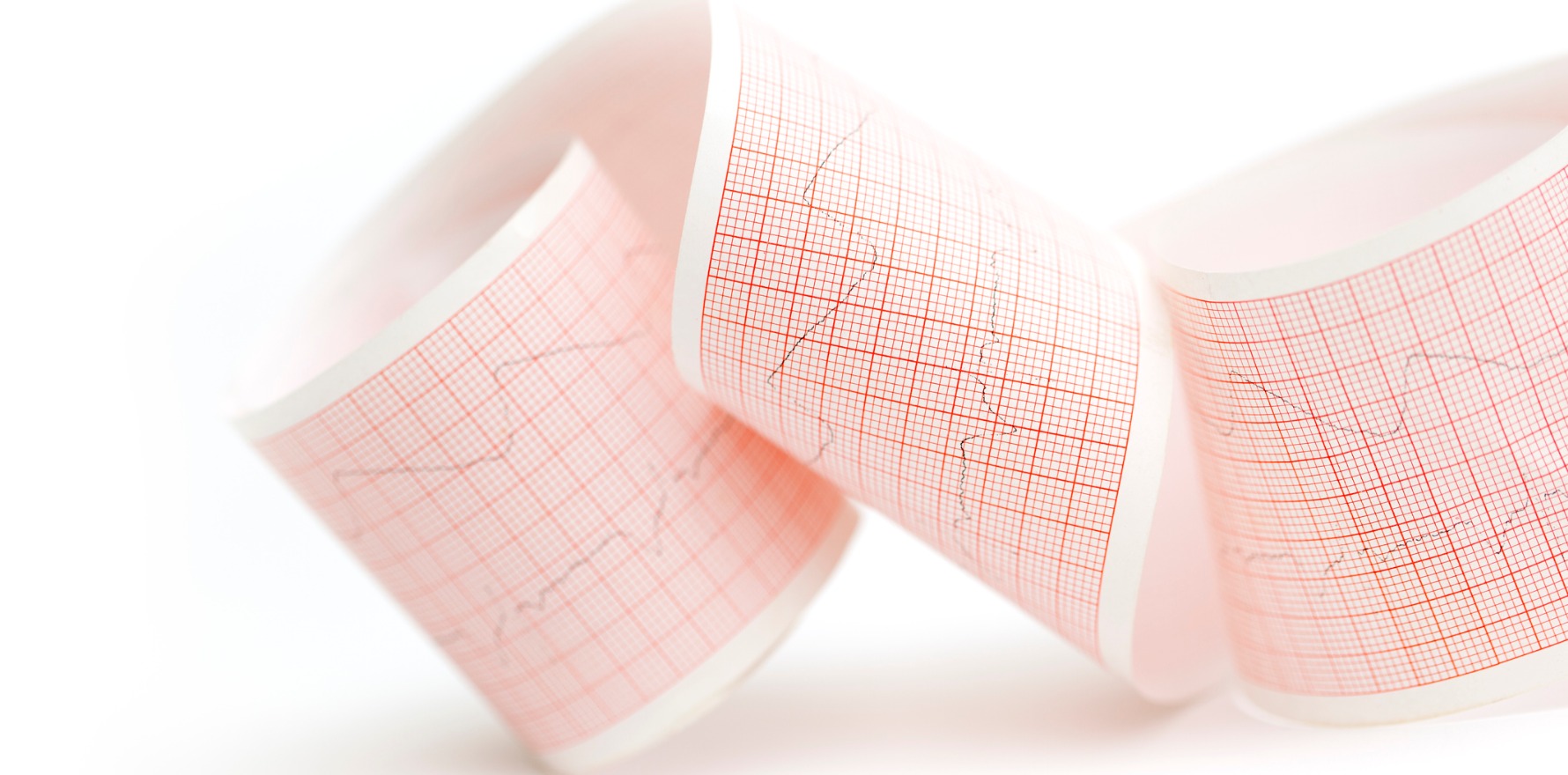The AMA is calling for reinstatement of items for GP interpretation of ECGs, after they were defunded in 2020.
The AMA is calling for the reinstatement of MBS rebates for GPs to interpret electrocardiograms after the rebates were diminished to “pittance” in 2020.
In 2020, in line with recommendations from 2018’s MBS Review Taskforce, Medicare removed ECG items 11700, 11701 and 11702 and created the new items 11704, 11705, 11714 and 11707 (trace only), only the last of which GPs could claim.
The updates ultimately defunded GP interpretation of ECG results, a move which “devalues the expertise of GPs”, AMA vice president Dr Danielle McMullen told The Medical Republic, and means GPs must either interpret the tests for free, subject patients to higher out-of-pocket costs or refer patients on to a specialist.
The move received significant backlash from the likes of the RACGP, AMA and the general practice community at large, resulting in a review culminating in a recommendation to reinstate funding for GPs to interpret ECGs in 2022.
This was “disappointingly” rejected by the government, who instead chose to initiate “yet another” another review, said the AMA in its submission to the MRAC’s ECG working group post-implementation review.
The AMA supported the working group’s recognition that GPs should be funded for ECG interpretation.
“The EWG report rightly observes that the current structure of the ECG MBS items is inequitable, given that GPs can only claim access to Item 11707 (trace only) but non-GP specialists can claim Items 11704, 11705 and 11714 for their expertise in interpreting ECG trace results,” it said.
“However, the AMA is disappointed by several aspects of the review process for these items, in particular by the fact that the focus appears to have been on the number of ECGs performed, rather than on good clinical practice.”
Related
Dr McMullen said that some of the recommendations in the new report fell short in comparison to those outlined in the 2022 report in the eyes of the AMA.
One of the recommendations of the new report limits the use of the trace-only item, 11707, to when GPs are sending off ECGs for a formal report to a specialist.
“That doesn’t account for a common scenario where you might need to do an ECG for documentation purposes or sending it through preoperatively,” Dr McMullen said.
“We think that keeping the current wording – letting GPs do the trace, do a quick interpretation, but not a detailed assessment and documentation – is reasonable.”
Dr McMullen added that some of the new recommendations have “pretty onerous documentation requirement written into the MBS item”.
“We think that trust should be put in GPs as a profession to understand their clinical documentation requirements.”
The association recommended the government implement the “tiered” rebate structure reflecting the “clinical utility and value” of each service as recommended in 2022 report, adjusted for inflation.
Specifically, the association called on the government to reinstate GP access to 11714, “trace and clinical note service” with an MBS fee of $35.30, and to increase the fee for 11704, “specialist trace and report item”, to $40.60.
“The ECG Review Committee 2022 argued that the current MBS fees for ECG items did not adequately remunerate the work required to deliver the service despite an increase in remuneration of the trace only item (Item 11707) in the 1 August 2020 changes,” said the AMA.
“It also noted that the fee for the ECG trace and reporting item (Item 11700) that the majority of GPs were claiming prior to the 1 August 2020 changes more accurately reflected the cost of providing this service.”
According to the AMA these changes would have “minimal” effect on the cost to the health budget and would “more appropriately” value the workload.
Since the relevant MBS items were scrapped in 2020, patients have been subject to higher out-of-pocket costs and delayed disease management, said AMA President Professor Steve Robson.
According to Professor Robson, GPs have the training to interpret ECGs, but are unable to as the rebate was reduced to “pittance”, once again undervaluing general practice and increasing barriers to care.
“For the past three-and-a-half years, the AMA has been pushing for this ill-conceived decision to be overturned,” Professor Robson said.
“When a GP feels an abnormal pulse, they should be empowered to conduct an urgent ECG, as these tests can easily detect conditions such as atrial fibrillation.
“But without adequate Medicare rebates, these tests become more challenging to do and this leads to an entirely unnecessary delay to managing a patient’s care — all because of a decision made several years ago that still makes no sense to us.”
The consultation closed to submissions last week but no timeline for a final report has been provided.




